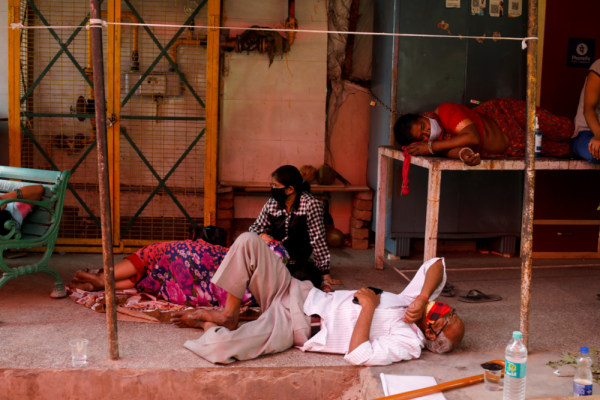Apr 29, 2021
It is painful to know that here in the U.S., some states have vaccines that are going unused when vaccine shortages exist around the world.
Read the Full Article

Already a subscriber? Login

It is painful to know that here in the U.S., some states have vaccines that are going unused when vaccine shortages exist around the world.
